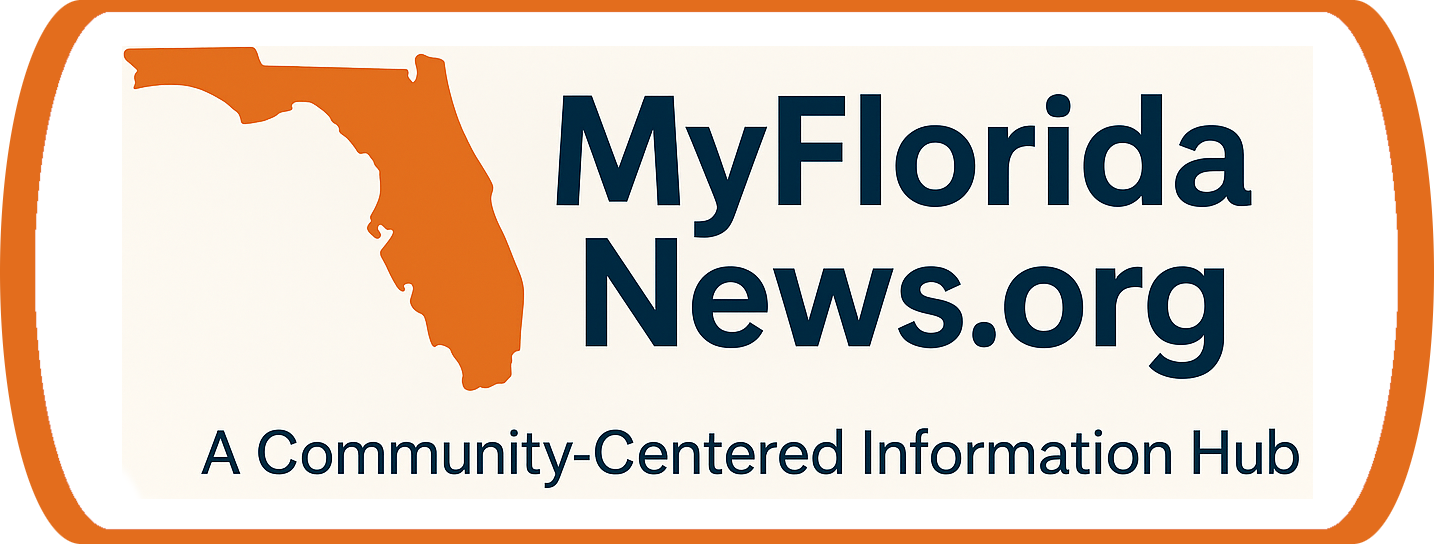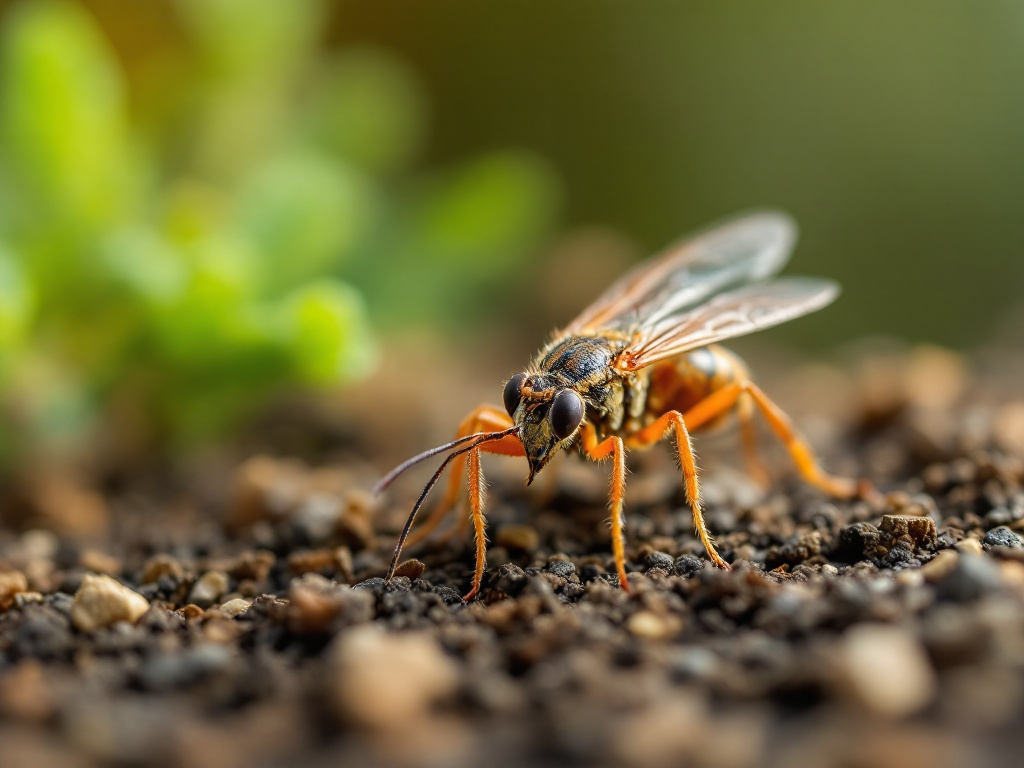Image generated by flux-ai.io & content generated by ChatGPT Version 4o-mini
Keeping Your Home Safe: A Guide to Responsible Pest Management for Calhoun Residents
Living in Calhoun County, where many of us rely on agriculture and enjoy the natural beauty of our surroundings, it’s essential to understand how to manage pests responsibly. A recent scholarly article by Dr. P.G. Koehler provides valuable insights into the integrated pest management (IPM) approach, ensuring that both our homes and environment remain safe while minimizing chemical use.
What Are Pests and Why Do We Manage Them?
Pests can include insects, weeds, and fungi that threaten our crops, gardens, and homes. Managing these pests is vital to protect our plants and the environment, but it is crucial to do so responsibly to avoid harm to people, pets, and beneficial organisms.
Key Safety Practices for Pest Management
-
Adopt Integrated Pest Management (IPM): IPM emphasizes smart planning, proper maintenance, and the use of natural or low-toxicity controls to prevent and manage pest problems with as few chemicals as possible.
-
Always Read the Label: If you do use pesticides, the label contains critical information on how to use the product safely. It tells you how much to use, where to apply it, and any precautions necessary to protect yourself, your family, and the environment.
-
Protecting People and Pets: Before applying any pesticide, ensure that people, especially children and pets, are out of the area. For example, if you’re treating your yard for ants, ask your kids to play inside and keep the dog indoors until the area is dry and well-ventilated.
-
Avoiding Environmental Contamination: Pesticides can contaminate water sources if not used properly. In Calhoun County, where we have rivers and lakes, it’s crucial to avoid using pesticides near these areas. Always apply pesticides during calm weather to prevent drift into unintended locations.
Understanding Pesticide Risks
While pesticides can be effective, they can pose health risks if used incorrectly. Symptoms of pesticide exposure can range from mild, like headaches or skin irritation, to severe, including respiratory problems. It’s essential to monitor how you feel after using pesticides and to consult a doctor if you experience any unusual symptoms.
Alternatives to Chemical Controls
For many residents, especially those who garden or have kids playing outside, considering non-chemical pest management methods can be beneficial. This might include:
- Encouraging Natural Predators: Create habitats for birds or beneficial insects that naturally keep pest populations in check.
- Physical Barriers: Use row covers or nets to protect plants from pests without chemicals.
- Regular Cleaning: Keeping your home clean can prevent pests from becoming a problem in the first place.
Conclusion: A Balanced Approach
Managing pests can be an effective way to protect our homes and gardens, but it’s essential to do so responsibly and sustainably. By following the guidelines outlined by experts and considering alternatives, we can protect our families, pets, and the beautiful environment of Calhoun County. Always stay informed and cautious when managing pests to ensure our community remains healthy and thriving.
References
SP486A/IN1074: Using Pesticides Safely in and around the Southern Home. (n.d.). Ask IFAS – Powered by EDIS. https://edis.ifas.ufl.edu/publication/IN1074

